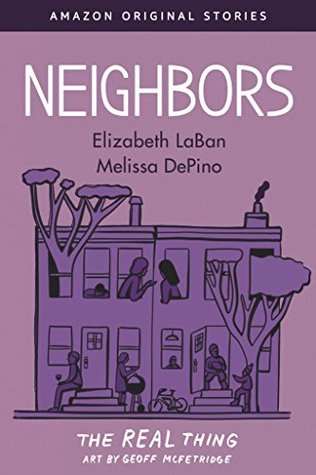More on this book
Community
Kindle Notes & Highlights
Read between
December 6 - December 6, 2024
And yes, we fell in love—not in a romantic way, but in the way that female friends do when they feel intangibly connected.
my friendships with Elizabeth and a small, sacred group of other women would become the reason I feel safe in the world. It’s been eighteen years, and through every major change of my life, I have chosen Elizabeth.
Pop culture, psychology, and the Internet have given birth to an entire cottage industry for dealing with romantic breakups, but the heartache of potentially losing a friend—of losing our person—is discussed publicly far less frequently.
But the relationships that mean the most to us are often the most confusing and hard, and you get through the pain because you choose to or not. You choose that person. And I still chose her.
Jared put me on a pedestal for a few glorious months, until all the things that were good about me began to morph into their dark cousins—independence became selfishness, professional success was the reason I couldn’t take care of him, my free-spiritedness made me untrustworthy. He told me I was too sensitive, someone no one had ever really loved. I came to believe every terrible thing he said about me.
The relationship that started as blissful had devolved into a constant stream of criticism and a perpetually moving line for what was acceptable. No matter what I did or how much I twisted myself into a pretzel, I never seemed to be enough for him.
In their hilarious 2015 TED Talk, friendship icons Jane Fonda and Lily Tomlin call female friendships “a renewable source of power.”
Roman Catholic nun Sister Joan Chittister, in her book The Friendship of Women, describes female friendship in a way that resonates most for us: it “binds past and present and makes bearable the uncertainty of the future.”


